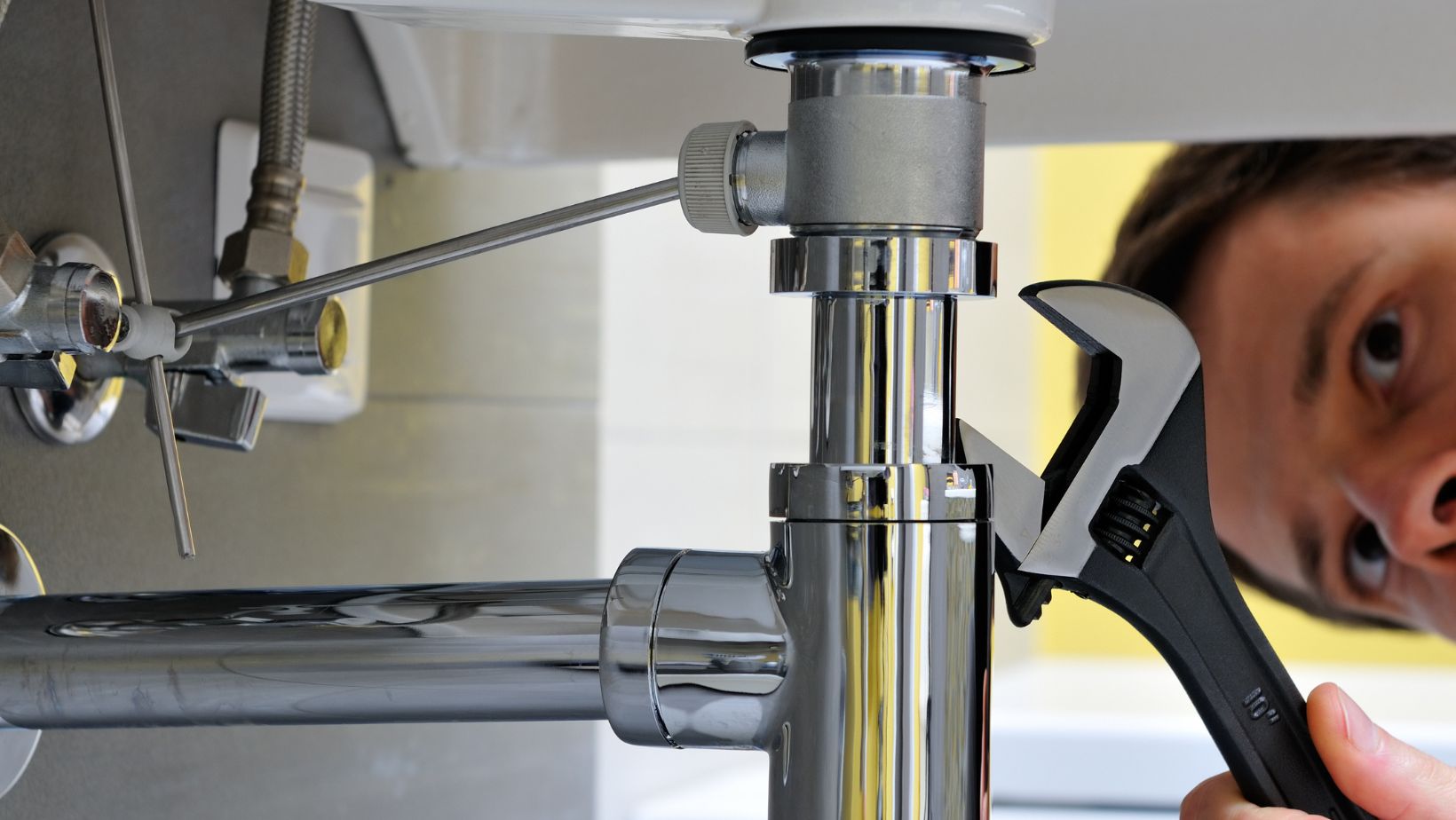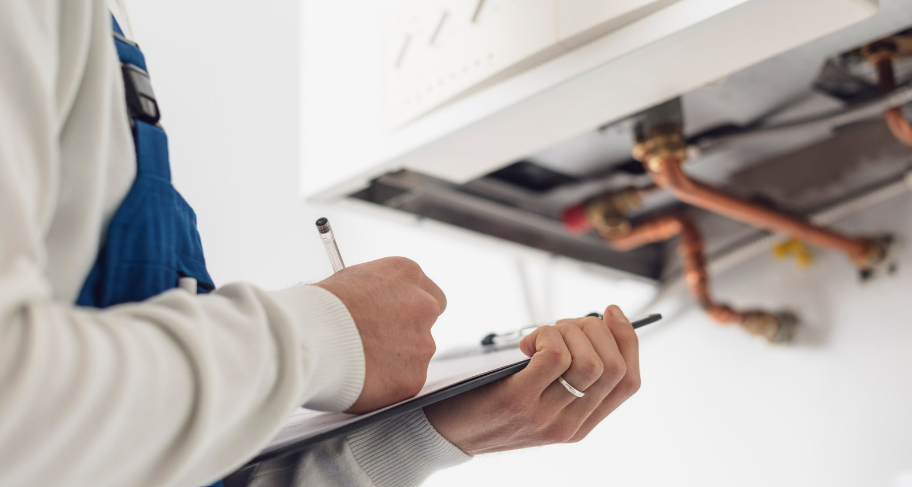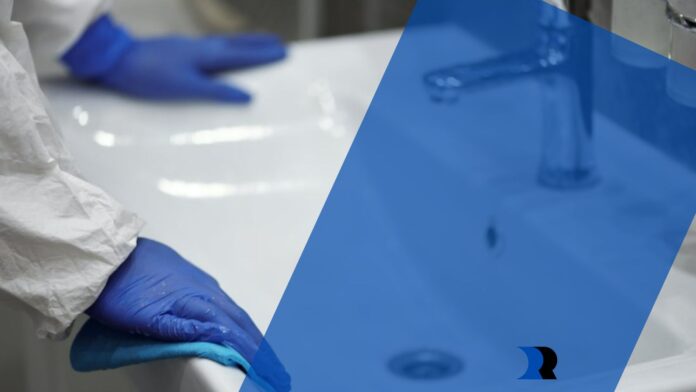Commerce is experiencing a transformation, and these changes have far-reaching effects on different sectors, including the plumbing industry. The emergence of a virtual marketplace as witnessed by the emergence of B2B e-commerce is bringing revolution to the plumbing industry.
Modern-day procurement processes have left behind archaic manual supply chains. This article discusses the impact of B2B e-commerce on the efficiency, cost-effectiveness, and competitiveness in the plumbing industry.
The Traditional Plumbing Supply Chain
Traditionally, plumbing supply chains are quite complicated and take a lot of time. Essential materials, fixtures, and tools procurement involved visiting brick-and-mortar stores and dealing with multiple suppliers with paperwork management. Apart from being costly, this kind of strategy restricted plumbing firms’ options and did not allow quick price comparisons. Consequently, the plumbing market was characterized by high costs, longer times for completion of projects, and scarce availability of innovative goods.
The Rise of B2B E-commerce
With the emergence of B2B e-commerce platforms like Unilog, a clean breeze blew through the plumbing industry. The platforms are online marketplaces that link plumbers to many suppliers as well as manufacturers who offer a variety of products in the markets. Here are some key ways in which B2B e-commerce is transforming the plumbing business:
Access to a Vast Product Catalog: Plumbers have easy access to a broad range of plumbing products, such as materials, tools, and fixtures, through various B2B e-commerce platforms. They offer an extensive range of items for them to pick those that match the nature of a small repair or a massive installation. This also offers the opportunity for the plumbers to research other novel products, thus ensuring they are always one step ahead in product, design, and technological innovation.
Streamlined Procurement: No more time for visiting several suppliers and making deals via the telephone. The B2B e-commerce platforms have easy-to-use portals, which make it possible for plumbers to order their materials by simply clicking on a button. The lean supply chain cuts down on the cost of ordering and reduces instances of mistakes that would result from errors in the order-processing system.

Cost Savings: For this reason, plumbers are also benefiting from these as they have introduced increased price transparency and competition for B2B e-commerce. This has enabled them to compare costs from different suppliers and select the cheapest one. Such transparency encourages competition among the suppliers. Competition results in a reduction of prices for plumbing materials and provision for rebates from plumbers’ suppliers.
Efficient Inventory Management: Most B2B E-commerce portals provide inventory tracking features that enable plumbers to monitor their stocks. This assures that plumbers will never lack supplies when they are in need and consequently prevents delays, as well as the necessity for emergency orders.
Collaboration and Communication: Some of the most popular B2B e-commerce platforms have a way of allowing direct communication between plumbers and suppliers. It also leads to speedy problem-solving, product inquiry, and personalized product suggestions based on what a plumber might need.
Easy Reordering: In terms of repetitive jobs, using the repeat order mechanism, these plumbers will not waste time in the future since they can easily reorder the products. Here, this characteristic is of great importance for maintenance contracts and routine jobs.
Enhanced Payment Options: Plumbers usually experience convenience when it comes to payments, as there is a wide range of payment options on most B2B e-commerce platforms. Depending on its particular needs and preferences, it can use a credit card, electronic transfer of funds, or even credit terms.
Challenges and Considerations
While B2B e-commerce has brought about numerous benefits for plumbers, there are some challenges and considerations to keep in mind:
Security: When doing these online transactions, cyber security issue becomes an essential topic.ҽ Plumbers and suppliers also need to ensure that these platforms’ data and financial statistics cannot be accessed by unauthorized parties.
Learning Curve: People who are less techno-literate need some time to acclimatize to B2B e-commerce platforms. Nevertheless, many of these platforms provide easy-to-use interfaces and support for new users.
Supplier Trust: In B2B e-commerce, plumbers must identify reliable suppliers. It is also important to be trusting in terms of obtaining materials and order of materials and products used.
Connectivity: Using B2B platforms requires a reliable internet connection. These platforms have been challenging for plumbers working in remote or low-connectivity areas.
Conclusion
The plumbing industry is undergoing a complete overhaul thanks to B2B e-commerce, and now plumbers do everything digitally and electronically. The plumbers can also get electronic product catalogs, better purchasing, less money, and good warehousing. This feature promotes teamwork, communication, and reshuffling, as well as a plethora of payout choices. However, plumbers must also take note of cyber security, adjust to the learning curve, get reputable vendors, and ensure an internet connection for a successful transition into e-commerce.

With time, as B2B e-commerce grows, it has become evident that the plumbing industry is following suit, enjoying the gains of an improved, cheaper, and more competitive business environment. Embracing these digital platforms provides plumbers with a competitive edge in this integrated and rapidly growing world.


